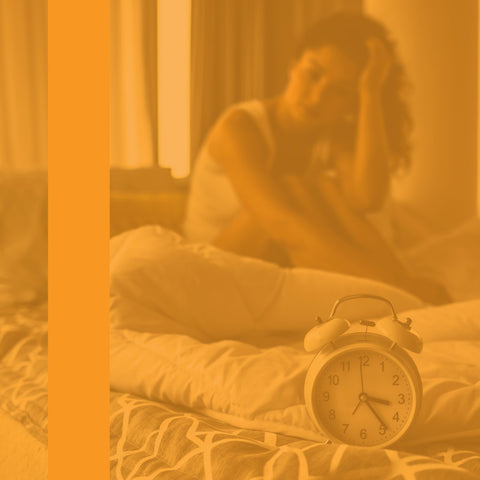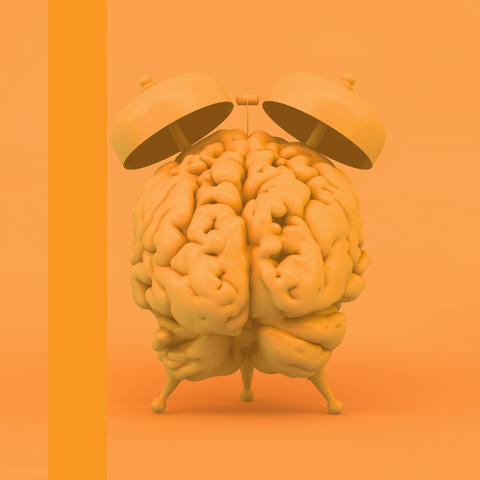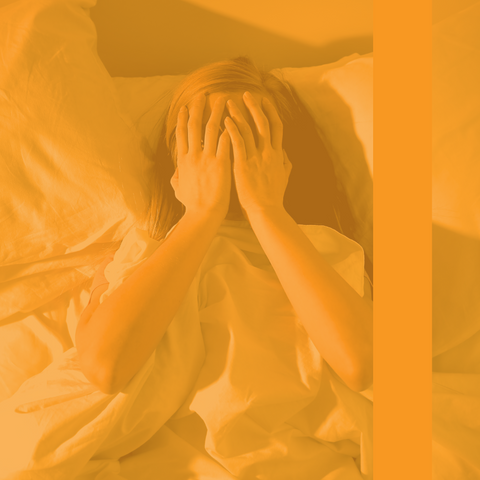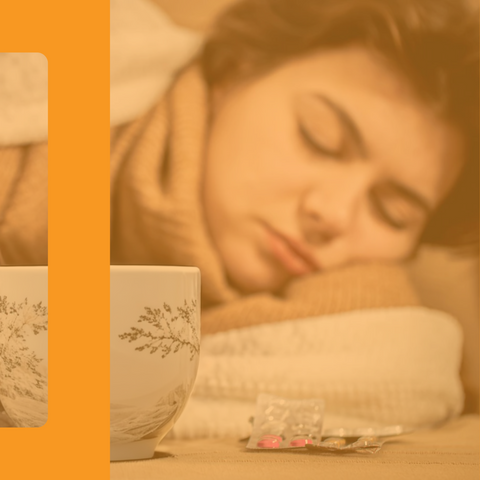Learning & education: Sleep

Have you ever felt exhaustion dragging at your eyelids, only to find yourself wide awake staring at the ceiling as you lie in bed, not feeling sleepy at all despite being tired all day?
It's a frustrating paradox — you're feeling tired but can't sleep. This experience, known as paradoxical insomnia, affects millions of people worldwide alongside those with sleep disorders.

In our previous articles, we’ve discussed supplements that can help boost your immune system and lifestyle practices you can adopt to enhance your immune system. Adding onto that, we’ll be discussing 8 ways to strengthen your immune system without leaving your home in this article.

In today’s article, we will investigate five lifestyle aspects that can influence the immune system in a range of fundamentally important ways.

Sleep is considered the most fundamental element of the glymphatic system activity, particularly slow-wave sleep during non-rapid eye movement (NREM) sleep [10]. Both sleep duration and quality influence the glymphatic system as sleep disruption results in glymphatic clearance impairment and compromises the essential removal of extracellular metabolites from the brain [9].

This article delves into six commonly prescribed medications known to affect sleep quality, examining their mechanisms and impact on different sleep stages.

Melatonin is widely regarded as an important hormone that helps regulate and synchronize sleep rhythm, including sleep-wake timing [1] and seasonal rhythmicity aspects across vertebrates. It also has lesser-known roles as an antioxidant [2]. We have touched briefly on melatonin in a previous article about sleep hormones and their effect on the GABA system here.
